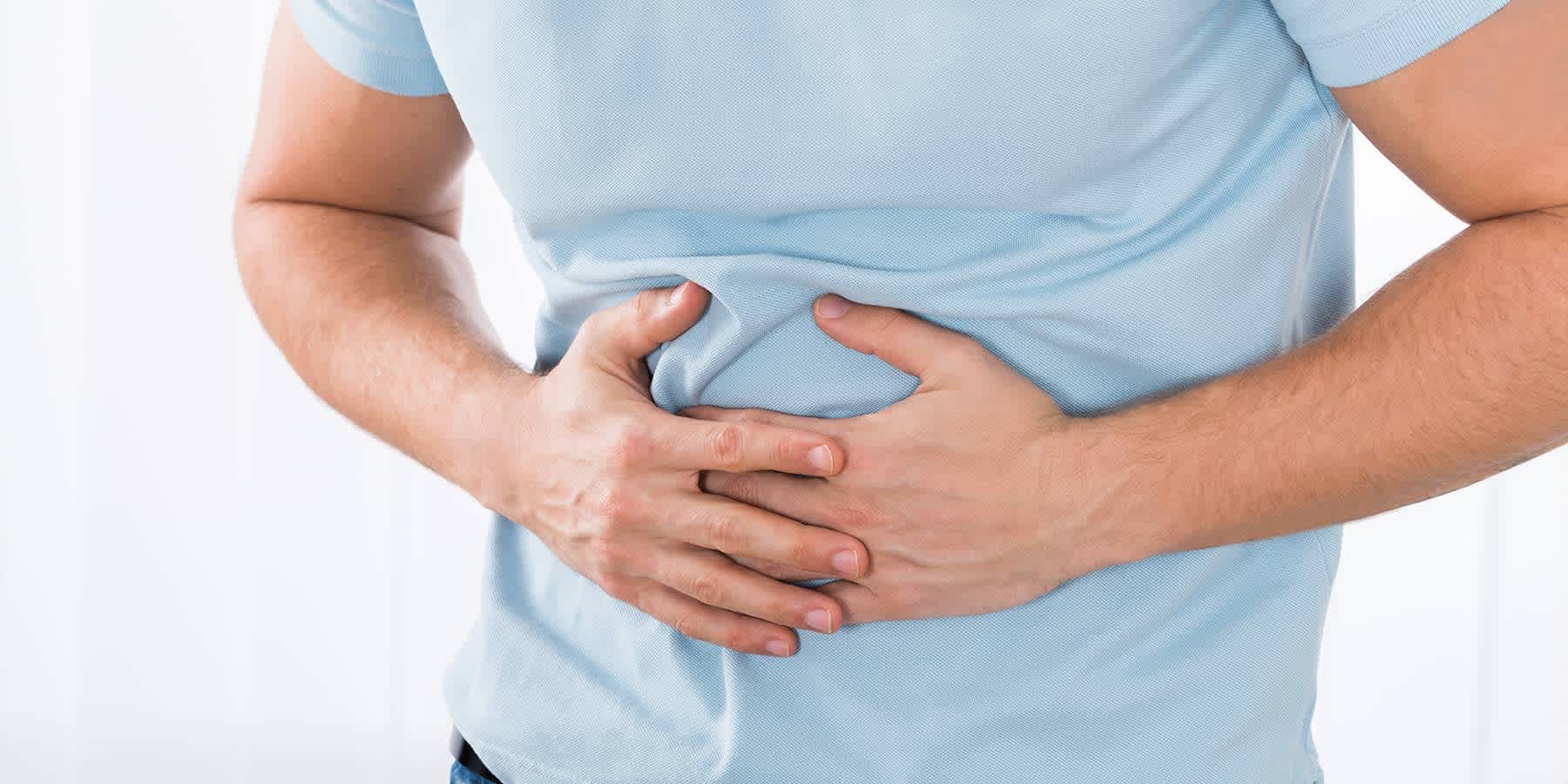What is the difference between bloating vs fat and how to deal with it?
What is the difference between bloating vs fat and how to deal with it?
Blog Article
Understanding the Difference In Between Bloating and Fat: a Vital Guide for Digestive Health
Recognizing the difference in between bloating and excess body fat is important for any individual worried with digestive health and wellness. While bloating presents as a short-lived and often unpleasant condition, normally connected to nutritional routines or digestive disturbances, body fat represents a much more long-term modification in one's body. This differentiation is not merely academic; it brings significant ramifications for just how individuals come close to signs and symptoms and therapy. As we explore the subtleties of these 2 sensations, the relevance of identifying their respective causes and administration approaches comes to be significantly obvious. What are the functional steps one can require to deal with these issues effectively?
Specifying Bloating and Fat
Bloating and fat are two distinctive physiological sensations that can substantially impact a person's comfort and body picture. Bloating describes the momentary swelling or distension of the abdomen, commonly accompanied by pain or a feeling of fullness. This problem might develop from various aspects, consisting of dietary selections, digestive problems, or liquid retention. Bloating is generally a short-term event and can vary throughout the day, typically settling with lifestyle modifications or clinical treatments.
On the other hand, body fat is a more long-term and stable part of human physiology, mainly working as an energy reserve and playing vital functions in hormone policy and insulation. Body fat is categorized right into 2 kinds: subcutaneous fat, which lies simply underneath the skin, and natural fat, which borders interior organs. While excess body fat can cause health and wellness difficulties, it is essential for general bodily functions.

Reasons For Bloating

Additionally, food intolerances, such as lactose or gluten intolerance, can cause bloating when the body struggles to process particular materials - bloating vs fat. Consuming too promptly or taking in carbonated beverages can also intensify the concern, as these habits introduce excess air into the digestive system tract
Lifestyle aspects, consisting of stress and lack of physical activity, can additionally add to bloating by affecting gut motility. Certain medical problems, such as irritable bowel syndrome (IBS) or intestinal blockage, might likewise bring about persistent bloating. Recognizing these causes is vital for successfully taking care of and alleviating bloating, allowing individuals to make informed nutritional and way of living selections that sustain their digestive system wellness.
Signs And Symptoms of Bloating vs. Fat
Differentiating between the symptoms of bloating and excess fat is critical for comprehending one's body and resolving discomfort effectively. Bloating typically offers as a feeling of volume or pressure in the abdominal area, commonly accompanied by noticeable distension. People may experience pain, cramping, or perhaps discomfort, particularly after dishes. Bloating can also cause excessive gas, bring about burping or windiness.
While it might add to a feeling of heaviness, it typically does not create the intense pain linked with bloating. Rather, excess fat often tends to accumulate gradually, leading to a change in body shape and dimension over time.

Identifying these distinctions is essential. While bloating is often temporary and connected to nutritional aspects or digestive system issues, excess fat indicates an extra persistent problem needing lifestyle changes. Recognizing these signs equips individuals to look get redirected here for ideal remedies tailored to their particular concerns pertaining to digestive system health and wellness and body composition.
Managing Bloating
Reliable administration of bloating click here for info needs a multifaceted strategy that attends to both dietary selections and way of life habits. Initially, it is necessary to identify and eliminate particular foods that might activate bloating, such as those high in fiber, gluten, lactose, or certain fermentable carbs (FODMAPs) Keeping a food journal can help determine these triggers and guide modifications.
Incorporating smaller, extra regular dishes rather than big ones can also reduce bloating, as it reduces the gastrointestinal procedure (fat and bloating). Remaining well-hydrated is important, as enough fluid consumption help digestion and assists stop constipation, which can contribute to bloating
In addition, taking part in regular exercise promotes gastrointestinal motility and minimizes bloating. Straightforward exercises, such as walking or yoga, can efficiently ease discomfort. Conscious eating methods, such as eating slowly and eating food extensively, may better boost digestion and limit air swallowing.
When to Seek Help
Recognizing when to seek medical help for bloating is important, as relentless or extreme signs and symptoms might show a hidden wellness concern. If bloating is come with by added concerning signs and symptoms such as substantial stomach pain, unusual weight management, anal bleeding, or continuous nausea and throwing up, it is important to seek advice from a health care expert. These signs might recommend conditions such as irritable digestive tract disorder, stomach obstruction, and even more significant problems like cancer.
Furthermore, if bloating lingers regardless of dietary adjustments or non-prescription treatments, it calls for more investigation. People with a background of gastrointestinal conditions ought to be especially cautious, as their threat for difficulties may be greater. Furthermore, if bloating happens complying with the usage of specific foods, it might indicate food intolerances or allergic reactions that necessitate nutritional adjustments or testing.
Conclusion
In recap, differentiating in between bloating and published here excess body fat is important for digestive health and wellness and total wellness. Bloating, a short-lived condition usually connected to dietary aspects and digestive problems, contrasts greatly with the secure accumulation of body fat. Acknowledging the signs and symptoms and underlying reasons for each can assist in suitable monitoring strategies. Individuals experiencing consistent or extreme symptoms ought to seek expert advice to address possible health issues successfully. Recognizing these distinctions is essential for informed decision-making relating to wellness and way of living.
Report this page